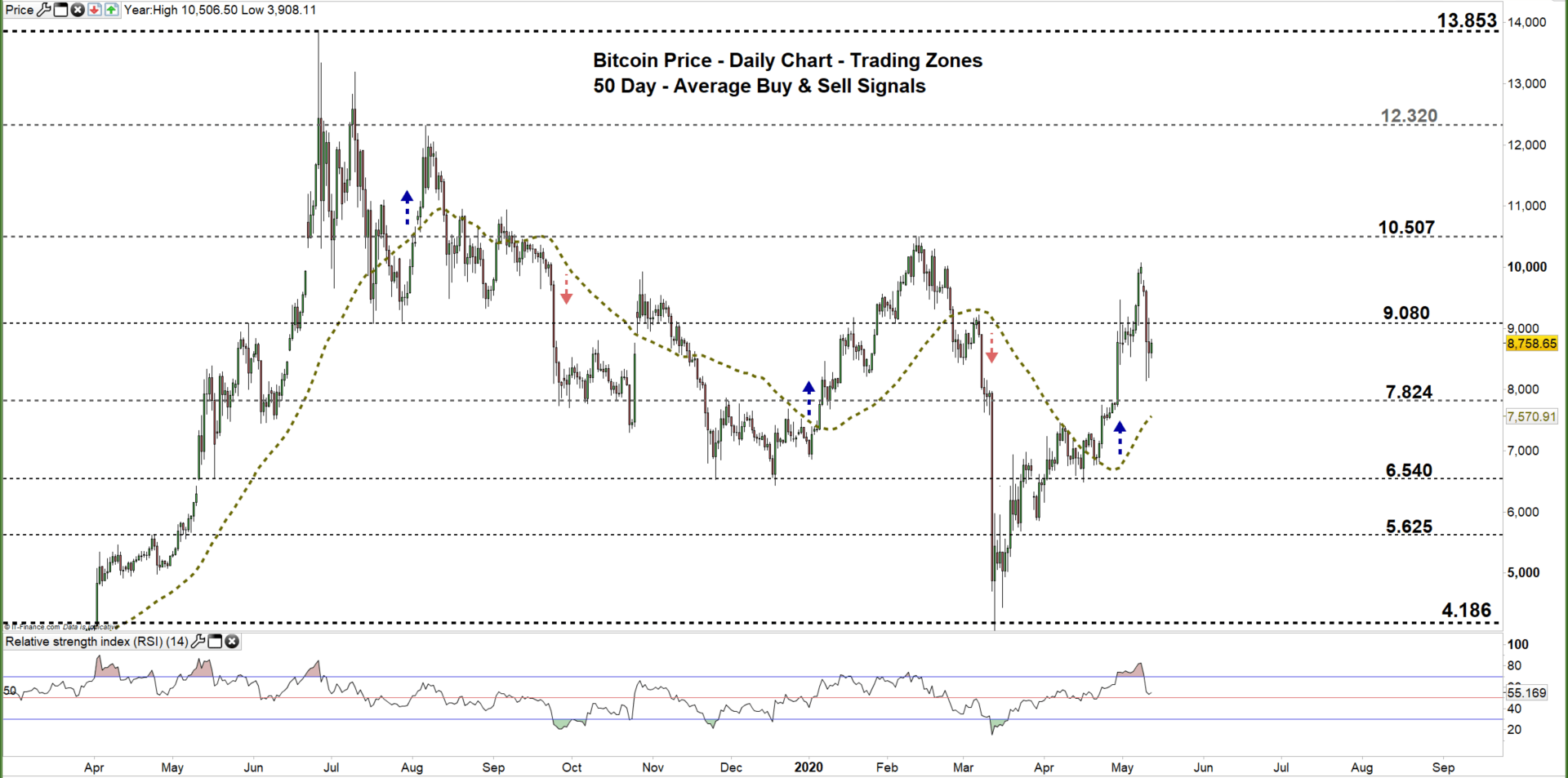
Infected mosquitoes can then spread WNV to humans and other animals when they bite. Mosquitoes become infected when they feed on infected birds. Most often, WNV is spread by the bite of an infected mosquito. Experts believe WNV is established as a seasonal epidemic in North America that flares up in the summer and continues into the fall. West Nile virus (WNV) is a potentially serious illness. California Department of Public Health and Centers for Disease Control and Prevention websites contain important information that can help you recognize and and reduce your risk of contracting of plague. Wild rodents (including squirrels and chipmunks) are the principal source of plague in California. Plague has been identified throughout the Sierra Nevada including Yosemite National Park. Humans and other animals can get plague if they visit or live in areas where wild rodents are sick or dying from plague. Plague is a highly infectious bacterial disease primarily affecting rodents. California Department of Public Health and Centers for Disease Control and Prevention websites contain important information that can help you recognize and and reduce your risk of contracting of Hauntavirus. Hantavirus Pulmonary Syndrome(HPS) is a severe, sometimes fatal, respiratory disease in humans caused by infection with a hantavirus. In addition to keeping bears away, storing your food properly also reduces your exposure to rodents and their fleas, which may carry plague. Instead, report the sick animal to a park employee. If you encounter a mammal, particularly a raccoon, skunk, fox, coyote, or bat, that is behaving erratically, don’t touch the animal.

Keeping your distance and your food from wildlife not only protects them, it also protects you from injury and exposure to diseases. Wild animals in Yosemite can transmit numerous diseases, including plague, rabies, and hantavirus.


Avoid contact with wildlife and keep food and trash stored properly.If you see evidence of rodent activity in your room or other facility, contact park staff (don't clean it up yourself). Avoid sleeping in rodent-infested areas or near animal burrows.Examine your children, too, and also check pets, backpacks, clothing, etc. Soon after going indoors, bathe or shower, then conduct a full-body tick check using a mirror. ( Search for a repellent that is right for you.) Repellents containing DEET, picaridin, oil of lemon eucalyptus, or IR3535 typically provide reasonably long-lasting protection against mosquitoes, but the Centers for Disease Control and Prevention recommends repellents containing DEET or permethrin to repel ticks. Ticks cling to plants, waiting for a host (you) to walk by walk down the middle of trails and avoid areas with high grass and leaf litter. Be sure to use insect repellent and wear long sleeves and pants or consider staying indoors during these hours. Many mosquitoes are most active at dusk and dawn, mainly during the summer. Avoid contact with mosquitoes and ticks.Here are some general tips to reduce your risk: As with any trip into the Sierra Nevada, it's possible (though unlikely) while visiting Yosemite that you could be exposed to a variety of vector-borne diseases.


 0 kommentar(er)
0 kommentar(er)
